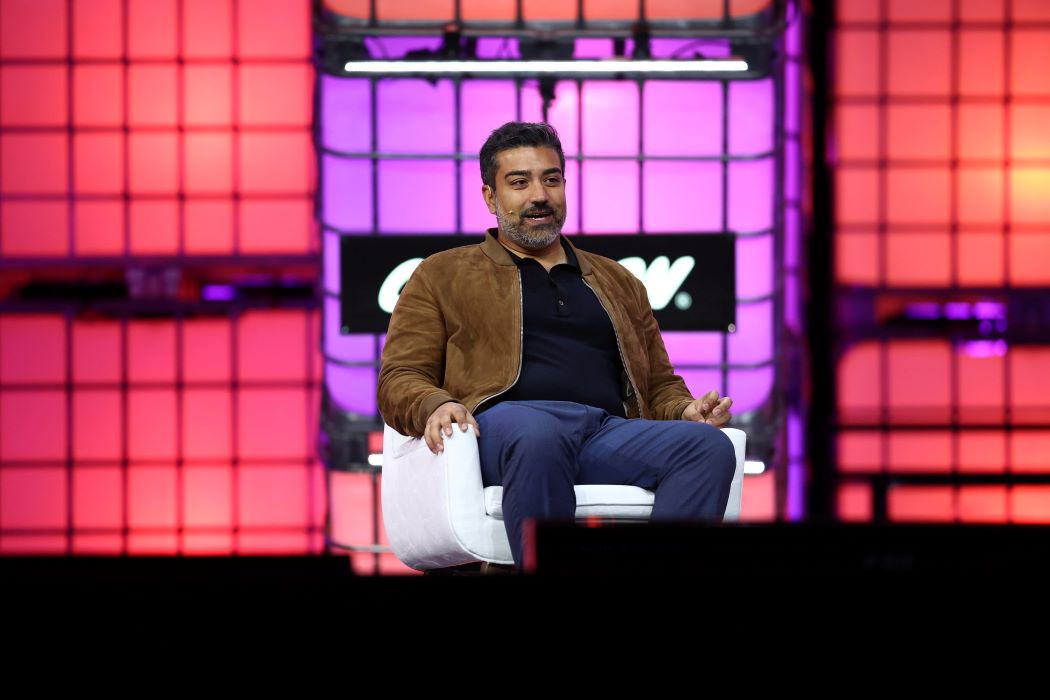
Vangelis was one of cinema’s accidental geniuses
As a film composer, Vangelis, who has died at 79, had what you might call a Gandalf-like quality – reaching into his wizard’s hat to sprinkle magic dust over the rare pictures he was assigned. Not only is it hard to summon any memory of Chariots of Fire (1981) without his score, but it’s hard to imagine how the film would have had a snowball’s chance in hell of the success it globally found.
Of course he won the Best Original Score Oscar, but as the film’s own makers have tended to admit, the Best Picture Oscar it snagged was basically down to him, too. (Small wonder the main theme also later became the official music of the London 2012 Olympics.)
Synthesizer music was not an entirely new-fangled scoring choice at this time. Kubrick’s chilly soundtrack for A Clockwork Orange (1971) had pushed things forward, as had two masters of the horror genre (John Carpenter, Dario Argento) and Giorgio Moroder’s moody disco cues for Midnight Express (1978).
But it was Chariots of Fire that showed producers, and audiences, that a Yamaha CS-80 in one man’s London studio could conjure something truly epic, and give a humble film not just soaring spirit but a pulse. Vangelis played all the instruments himself, including acoustic piano.
And the world went mad for it: amazingly, for something with no actual songs on it save Jerusalem, the soundtrack album topped the Billboard 200 for four straight weeks. Crossing over to an enraptured mainstream, Vangelis surely helped make smaller, less expensive Yamahas a fixture on Christmas lists everywhere.
After that, the composer could have signed on for just about any scoring assignment he asked for. But he was as averse to travel as he was to the spotlight – indeed, he didn’t even attend the Oscars when he won, citing a fear of flying, and also refused a stateroom on the QEII to get him across the pond.
We’re lucky – cinema is lucky – that Ridley Scott got in touch with him at this very moment. If Chariots of Fire was a transformative score, hoisting its film up into everyone’s affections on a virtual magic carpet, his work on Scott’s Blade Runner (1982) was an astonishing voyage into the neon night, as complete in its textures, its twinkling majesty, its piercing melancholy, as any science-fiction music before or since.
The two-hour film has a full hour of score, and the variety of those cues is stunning. The sultry sax in the love theme is so very 1980s, and yet no fan of the film could live without it. The interlude “Memories of Green” sounds like it’s being played on a busted-up piano at a spaceport, with bleeps of computer noise and distant sirens creating a cityscape you can close your eyes and practically see. There were never dead spots in a Vangelis score, no such thing as silence.
Somehow, he still created a yearning void at the middle of Missing (1982), Costa-Gavras’ docudrama about political persecution in Chile, which gained the emotional glow only he could provide. After this concentrated flurry of great work, he returned to doing exactly what he wanted, and that didn’t very often include film.
Although a couple of seafaring epics (Roger Donaldson’s The Bounty and Scott’s 1492: Conquest of Paradise) benefitted from the sense of celestial navigation his music conveyed, they didn’t work out commercially, and neither did Oliver Stone’s Alexander (2004), which might otherwise have been a major comeback.
Vangelis wasn’t interested in comebacks. Shocked by his own overnight success, and never interested, like so many of his successors, in turning his sound into a factory product, the man born Vangelis Papathanasiou was one of cinema’s accidental geniuses.










































![iFi's GO Bar Kensei Dongle DAC Supports K2HD Technology With Some Samurai Swagger [Updated] iFi's GO Bar Kensei Dongle DAC Supports K2HD Technology With Some Samurai Swagger [Updated]](https://i0.wp.com/cdn.ecoustics.com/db0/wblob/17BA35E873D594/33FF/45A11/QTXOLJR4xDKSNMMk2WlTgjaIlvSgcYpeU1xJzUwIoYs/ifi-go-bar-kensei.jpg?w=768&ssl=1)































